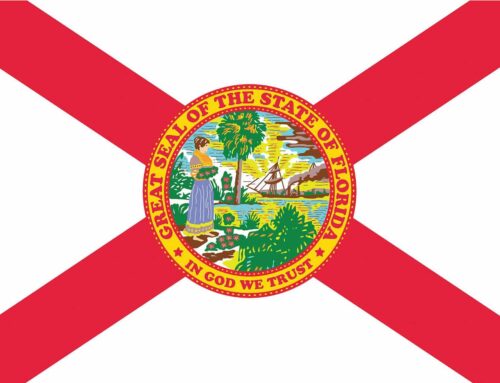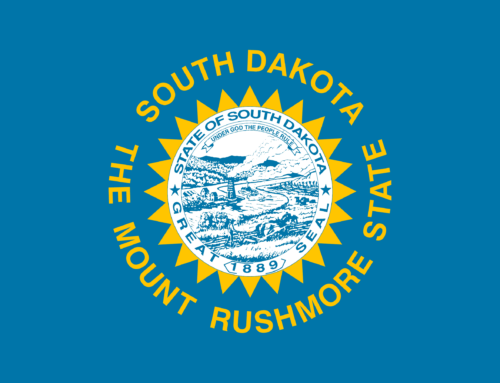Does car insurance cover when you hit a deer? In many cases (but not all) the answer is YES!
And that can save you [puts on sunglasses] Big Bucks!
But first, let’s get the immediate crisis handled. We’ll come back to insurance and deer collisions in a bit.
Deer Collisions: Safety First
First, take care of yourself and fellow drivers.
Stay away from the deer you hit. Deer can be aggressive when hurt or frightened, and can hurt you if approached.
Call 9-1-1 and inform them of the location of the deer.
Treat any injured persons.
Turn on your hazard lights.
Mark the deer, if possible. If the deer is on the road in limited visibility, put headlights on it (if you have headlights after the collision.) or set a flare or marker well in front of the deer to alert oncoming traffic to the hazard. However, do not approach a wounded deer.
Deer Collision Statistics
Deer collisions are scary! But they aren’t uncommon. According to the Insurance Information Institute, there are about 1.23 million car collisions with deer every year across the United States. Overall, U.S. drivers had 2.1 million animal collision insurance claims in the U.S. between July 2020 and June 2021, according to State Farm and the Insurance Information Institute.
About 200 people are killed in deer collisions every year, with a large percentage of fatalities riding motorcycles.
About 10,000 people per year are injured in deer collisions.
The worst time of year for deer collisions is October through December, with collisions peaking during the height of deer mating season in November.
Deer collisions are most common in the upper Midwest and Pennsylvania, though West Virginia has led states in deer collisions per capita for more than a dozen years running.
Smaller cars and sedans are frequently totaled in deer collisions. Larger cars, like large trucks and SUVs, are more commonly repaired and put back on the road.
The deer… not so much.
Insurance and Deer Collisions
Your car insurance may cover damage and injuries from a deer collision. It depends on what the specific type of policy you have in force. Car insurance comes in three basic types:
Liability only. This won’t cover dear collision damage in any case. The only way liability insurance would protect you in a deer collision the deer files a lawsuit against you. But we’re not aware of any existing case law on this point.
Collision. This insurance will cover you if you hit or you are hit by another car. It won’t pay out for animal damage or collisions.
Comprehensive. Comprehensive coverage, sometimes called “full coverage,” will pay for damages from deer collisions as well as a wide array of other non-accident causes. These would include flood, fire, burglary, theft, rodent damage, wind damage, falling objects, vandalism, and many other potential hazards.
If you’re in an accident with a deer, you will want to have comprehensive insurance in place. If you’re still making payments on your car, you probably already have comprehensive insurance on the car as a condition of the loan.
If you only bought the no-frills, bare minimum care insurance that your state requires, you only have liability insurance coverage.
If your car is totaled, comprehensive coverage will normally pay out the actual cash value of the car (accounting for depreciation), minus your deductible. Unless you bought full replacement coverage, your insurance settlement is not designed to pay for a new car. Or even the car as it was when you bought it. Instead, most car insurance policies are designed to buy a used car in the same condition, with similar mileage and similar wear and tear to how it was immediately prior to the accident – minus your deductible.
Swerving to Avoid a Deer – and Hitting a Car
Generally, damage from a collision with a deer is only covered under a comprehensive policy. It’s not covered under your collision policy. BUT….
If you swerve to avoid hitting a deer, and hit a car or other stationary object as a result, then your collision coverage would cover that! But don’t swerve into oncoming traffic just because you have collision coverage rather than comprehensive. The last thing we want is a car insurance event turning into a medical insurance or life insurance event.
Take your chances with the deer.
How to Add Comprehensive Coverage To Your Car Insurance
If you want to cover yourself against deer collisions, you need to have comprehensive car insurance coverage. Not just liability, and not just collision. Fortunately, comprehensive insurance coverage is a pretty simple thing to add. And it protects you from a lot more than just deer collisions!
You should go through an independent insurance agent who can quote you prices from multiple different insurance carriers – not at “captive agent” beholden to just a single company. That rules out a lot of “strip mall” car insurance agents and ones who work for big name-brands with huge advertising budgets. They couldn’t sell you a better policy if they wanted to. They can only write business for their parent company.
Our agents, on the other hand, can connect you with the best coverage in your market, at the best price. They represent many different carriers, and can help you buy whatever insurance policy makes the most sense for you and your budget.
All you have to do is contact us, and fill out our easy online form. We’ll take it from there.
Don’t drive another deer season at risk. Call Select Insurance Group today, and protect yourself!
See you on the road!
Steve “Mr. Insurance” Ludwig
CEO, Select Insurance Group
Related Posts
Is Comprehensive Coverage Worth It?
The Ten Worst Cities for Car Theft
What is Stacked vs. Unstacked Coverage?






